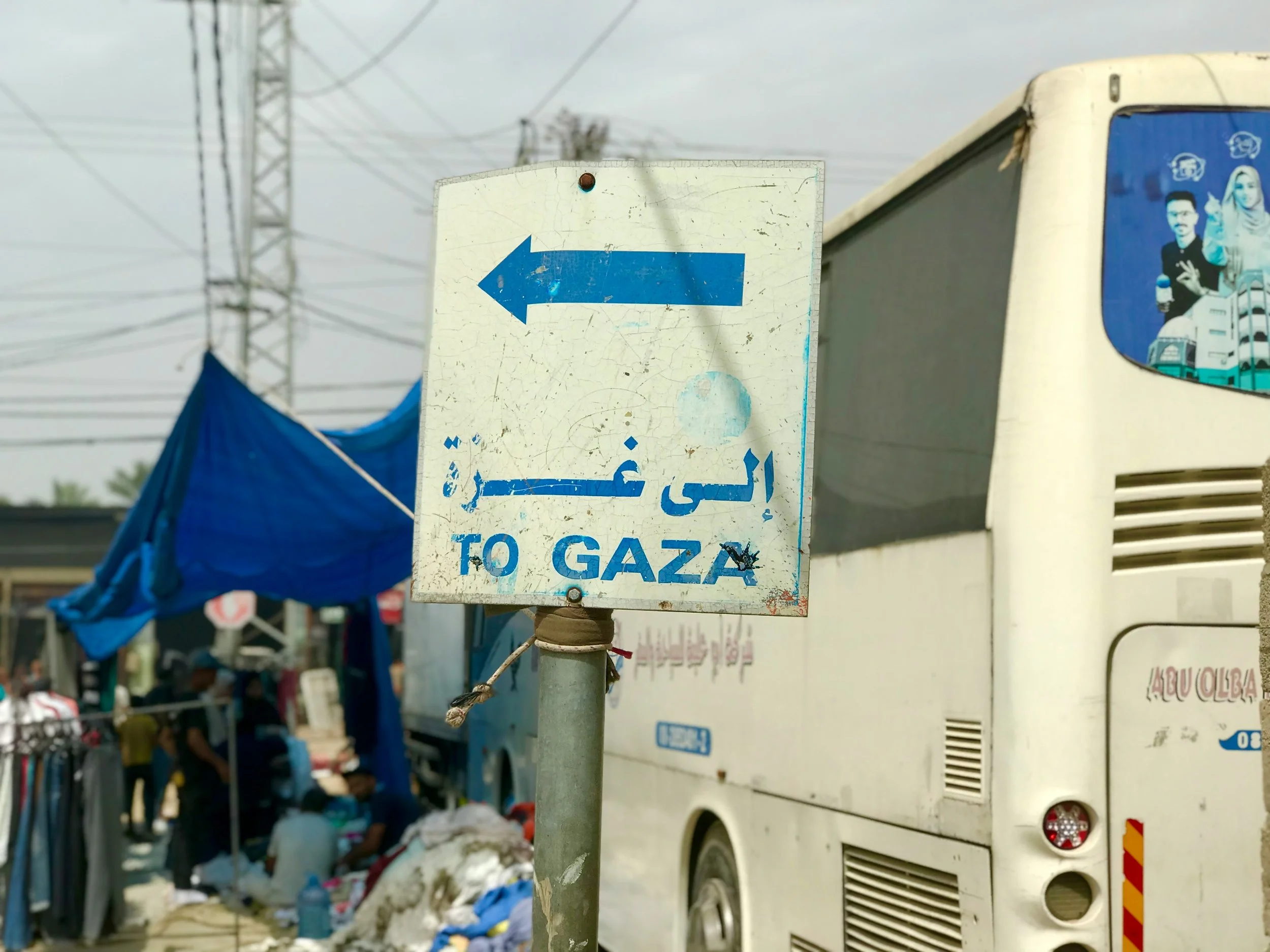Justice, Mercy, and the Moral Fog of War
The first casualty of war is often said to be truth. In this war, truth may not be the first to fall. Compassion might already have gone before it.
The war between Israel and Hamas has left few untouched. Around the world, emotions have surged, alliances have hardened, and the global conversation has narrowed into slogans. People want certainty. They want sides. They want simplicity.
But if the Church exists for anything in moments like this, it is not to echo the shouting. It is to ask better questions. It is to see the full picture. It is to hold what others too quickly drop: the dignity of every human life.
The Right to Defend, the Obligation to Restrain
On October 7, 2023, Hamas launched a coordinated and barbaric assault that left over a thousand Israeli civilians dead and many others kidnapped. The images from that day were not ambiguous. They were horrifying.
Israel has the right to defend its people. No serious moral framework disputes that. And Israel has long existed under the threat of violence. Its geography is precarious. Its history is marked by persecution. Its security concerns are real.
Even the most just cause, however, has limits. The right to defend does not remove the obligation to protect civilians. It does not erase the moral weight of using force.
In Gaza, where more than two million people live in one of the most densely populated areas on earth, the risks of war are not theoretical. They are visible. According to UNICEF and the World Food Programme, over 70,000 children in Gaza now require urgent treatment for acute malnutrition. Hospitals are without power. Aid trucks are delayed. Entire neighborhoods have become unrecognizable.
These civilians are not Hamas. They are not terrorists. Many have lived their entire lives under blockade. Most had no say in their government. Yet they are starving, buried, or bleeding.
If we cannot grieve this, we have surrendered something sacred.
Moral Clarity Requires Moral Complexity
We live in a time that struggles to hold nuance. It is far easier to chant than to reason. But anyone who follows a crucified and risen Savior should be familiar with tension.
It is possible to affirm Israel’s right to exist and to defend itself and still mourn the scale of civilian suffering in Gaza. It is possible to name Hamas as a terrorist organization and still insist that a child’s life is not expendable. It is possible to love one people group without dehumanizing another.
This is not moral confusion. It is moral maturity.
Scripture repeatedly lift up the vulnerable, the oppressed, the forgotten. The call to love our neighbor does not pause at national borders. The demand to care for “the least of these” does not stop in a war zone. If anything, it becomes more urgent.
Last week, someone asked me, “How do I even pray about this?” I didn’t have an easy answer. But I told him that even sighs and silence can be prayer when our hearts are open to truth.
And so we wrestle. Not because we are weak, but because we are awake.
Moving Past the Binary
This war has been framed by many in binary terms. Either you are with Israel or with Palestine. Either you support national security or you support humanitarian aid. Either you stand against terrorism or you stand with the oppressed.
But real life is rarely that simple. Moral integrity demands more than reflexive alignment.
There are those who weaponize suffering. There are also those who sanitize power. The Church must reject both. Our commitment is not to political categories but to human dignity. That means we weep when innocents are killed in Israel. And we weep when they die in Gaza.
We can hold both truths. And we must.
This may not win us applause. But it will keep us honest.
What We Can Do
Most of us are not military strategists or political leaders. But we are not powerless.
We can pray. For peace. For the protection of civilians. For the release of hostages. For leaders with courage to de-escalate and wisdom to act justly.
We can give. To trusted organizations providing relief in Gaza and Israel, without politicizing suffering.
We can speak. Not with rage, but with clarity. Not to win arguments, but to elevate the humanity of those the world has forgotten.
We can create space. For others to speak, even when they disagree.
And we can choose not to look away.
A Final Thought
Justice matters. But justice alone is not enough. Mercy matters too. And the highest call upon those who follow Christ is not to win wars of words, but to reflect His heart.
He saw the one. He fed the hungry. He wept over cities. He confronted power. And He never once treated human life as disposable.
What might it look like for us to see, feel, and speak differently? Not because we know more, but because we are willing to love more.
That must be our starting point. And our guide.
Not because it is easy. But because it is right.
I offer this reflection with deep love for the Church, deep concern for the vulnerable, and the hope that we might walk with truth and grace through one of the most difficult global moments of our time. If it causes you to wrestle, it has done its job.
